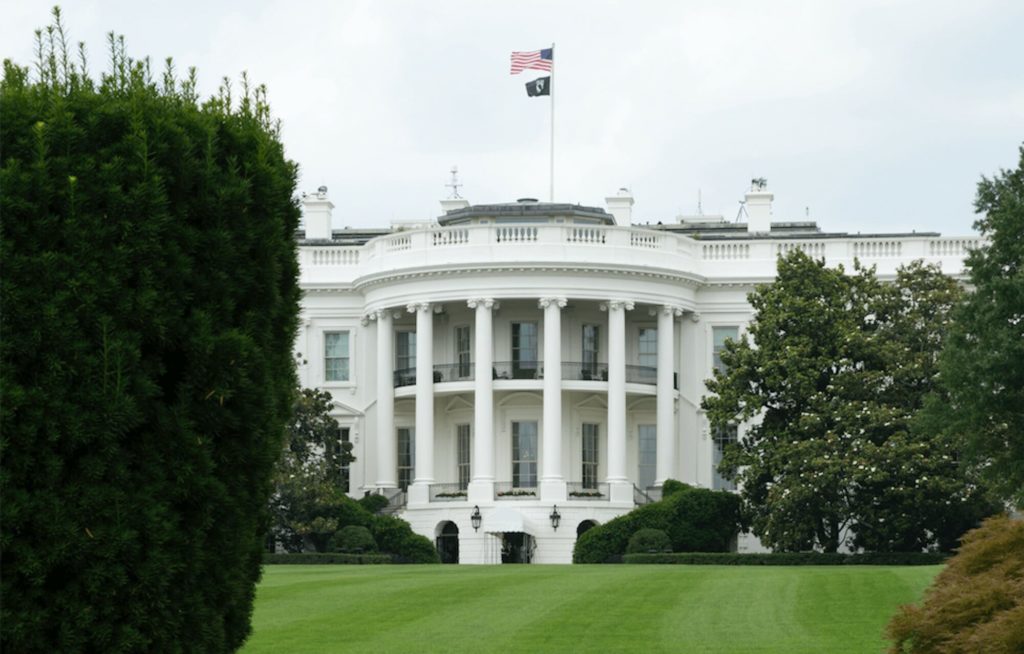
Medicare Advantage plans saw record enrollment in the 2023 election year, but the pace of growth is slowing. Those are the findings of a new report from healthcare consultant Chartis Group.
The report said 29.5 million older adults are now covered by the private plans, comprising 46% of eligible Medicare beneficiaries. Although 1.5 million seniors signed up for MA plans for the current year, that was fewer than the 1.9 million, 2.2 million and 2.3 million who signed up in 2020, 2021 and 2022 respectively.
“This is still remarkable growth, but it does point to a deceleration,” the consultants wrote in the report.
For-profit plans made up nearly three quarters of the MA market. UnitedHealth had the largest share of news business in 2023 accounting for more than half (55%) of new MA plan enrollees, followed by Humana at 23%. For the second year in a row, nonprofit plans saw combined market share declines of 0.8%. The exception was Blue Cross Blue Shield plans, which notched a market share gain of 0.2%.
Special Needs Plan (SNPs) — MA plans which are tailored to people with specific diseases or characteristics — experienced the biggest enrollment increase in 2023. SNPs added 1 million enrollees, bringing their total to 5.5 million beneficiaries and now comprising 18% of total Medicare Advantage enrollment.
The report also found that MA plan enrollment is evolving. Fifteen states now have MA penetration rates that exceed 50%. That is an increase from 11 last year. States with the highest growth and penetration include Maine, Minnesota, Wisconsin, Michigan and Rhode Island. Conversely, California, Illinois, Connecticut and Washington, DC all saw MA enrollment declines in 2023.
The report’s authors noted the changing landscape for MA plans could have “meaningful implications for health plans and organizations that serve Medicare Advantage members.”
MA plans have become popular with aging baby boomers because they tend to be less expensive than traditional plans and many offer supplemental benefits, such as home care, meals and handyman services.



